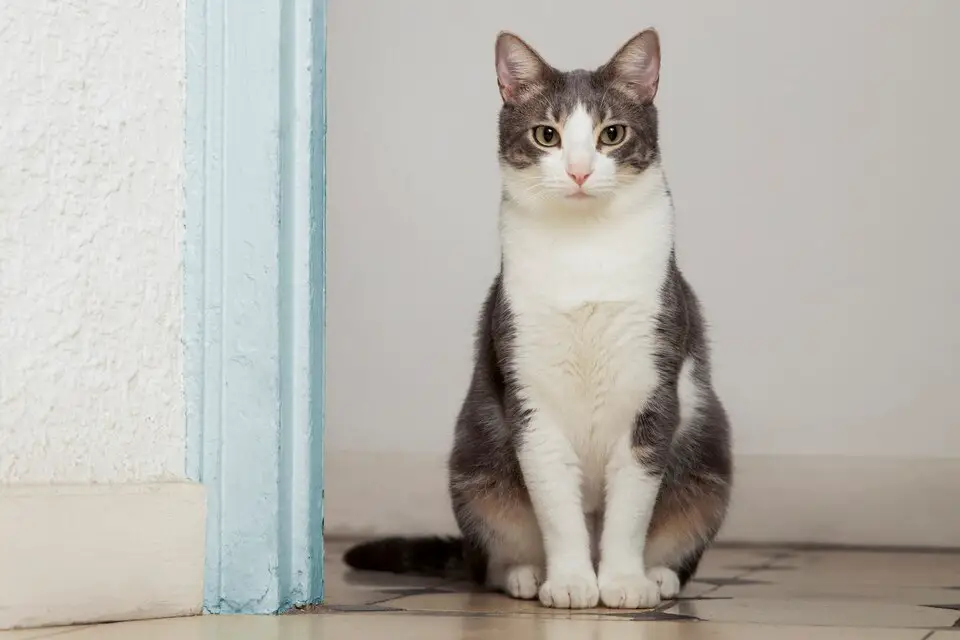The journey of feline companionship is remarkable, and as your beloved cat gracefully ages into its senior years, it’s a phase filled with unique joys and considerations. Caring for senior cats involves understanding their changing needs, adapting to their environment, and providing tailored care. In this guide, we’ll explore the essentials of ensuring a happy and healthy old age for your feline friend, sharing insights on nutrition, grooming, and overall well-being.
Understanding Senior Cat Needs
As our feline friends age, their needs evolve, requiring a more nuanced approach to care. Understanding these changing needs is essential for providing your senior cat’s best possible quality of life.
- What Defines a Senior Cat: A cat is typically considered a senior around 7, but this can vary depending on breed and individual health. Recognizing when your cat enters its senior years is the first step in providing suitable care.
- Common Age-Related Changes: Senior cats undergo various physical and behavioral changes. These can include decreased activity levels, changes in appetite, and alterations in grooming habits. It’s essential to monitor these changes and adapt your care routine accordingly.
- The Role of Veterinary Care: Regular veterinary check-ups become even more critical as your cat ages. Your veterinarian can identify age-related health issues, provide guidance on nutrition, and recommend appropriate treatments or preventive measures to maintain your cat’s health. These visits are essential for early detection and intervention.
Understanding the evolving needs of your senior cat is the foundation for providing them with a comfortable and fulfilling life in their golden years.
Providing a Senior-Friendly Environment
Creating a secure and easy environment for your senior cat is crucial to ensure they thrive in their later years. Here are key considerations:
Adaptations for Mobility:
- Senior cats may experience joint stiffness or arthritis, making it challenging to jump onto high surfaces. Provide ramps or steps to help them access their favorite spots, like beds or window perches.
- Place litter boxes on the same level as your cat’s living area to make it easier for them to access when needed.
Comfortable and Accessible Resting Places:
- Older cats appreciate soft and cozy resting spots. Ensure they strategically have comfortable beds or cushions around your home, especially in warm and quiet areas.
- Consider heated beds to soothe achy joints, especially during colder months.
Dietary Considerations:
- Discuss with your veterinarian to decide the best diet for your senior cat. They may recommend specialized senior cat food that addresses specific age-related needs, such as joint health or weight management.
- Ensure easy access to food and water to encourage regular hydration and nutrition.
By making these adjustments, you’ll create an environment that supports your senior cat’s comfort and well-being, allowing them to age gracefully and contentedly.
Senior Cat Grooming and Hygiene
Grooming and hygiene become increasingly important for senior cats as they age. Here’s how to ensure your older feline friend stays clean and comfortable:
Coat and Dental Care:
- Regular brushing helps remove loose fur, preventing matting and reducing hairballs. Grooming sessions also allow checking for lumps, bumps, or skin issues.
- Dental care is crucial. Older cats are more prone to medical issues. Brush their teeth regularly and schedule dental check-ups with your vet.
Managing Arthritis and Mobility-Related Grooming Challenges:
- Arthritic cats may have difficulty reaching certain areas for grooming. Help them by gently brushing these spots to prevent matting.
- Keep their claws trimmed to avoid overgrowth, which can affect their mobility and grooming.
Regular Vet Check-ups:
Consistent veterinary visits are essential for senior cats. These appointments should thoroughly examine your cat’s overall health, including coat and skin.
Taking care of your senior cat’s grooming and hygiene ensures their physical comfort and strengthens the bond between you and your dearest feline companion.
Q&A Section
What age is considered “senior” for cats?
Cats are generally considered seniors at around 7 years of age, but this can vary based on breed and overall health. Some cats may show signs of aging earlier, while others remain spry into their senior years.
How can I assist my senior cat in staying active?
Encourage gentle play and exercise tailored to your cat’s abilities. Interactive toys and short, frequent play sessions can help maintain their mobility and mental stimulation.
Are there specific health issues to watch for in older cats?
Common senior cat health concerns include arthritis, dental issues, kidney disease, and cognitive dysfunction. Common vet check-ups can assist in detecting and addressing these issues early.
How can I adapt my home to accommodate my senior cat?
Make your home senior-friendly by providing ramps or steps, comfortable resting spots, and easy access to food, water, and litter boxes. Address any potential hazards or obstacles.
What changes should I make to my senior cat’s diet?
Consult your veterinarian for dietary recommendations. Senior cat foods often address specific needs like joint health and weight management. Adequate hydration is also crucial, so consider wet food or water fountains.
Conclusion
As your cat enters its senior years, your role as a caregiver becomes even more significant. Providing tailored care, a comfortable environment, and regular veterinary attention can help your senior cat enjoy a happy and healthy old age filled with love and companionship.

